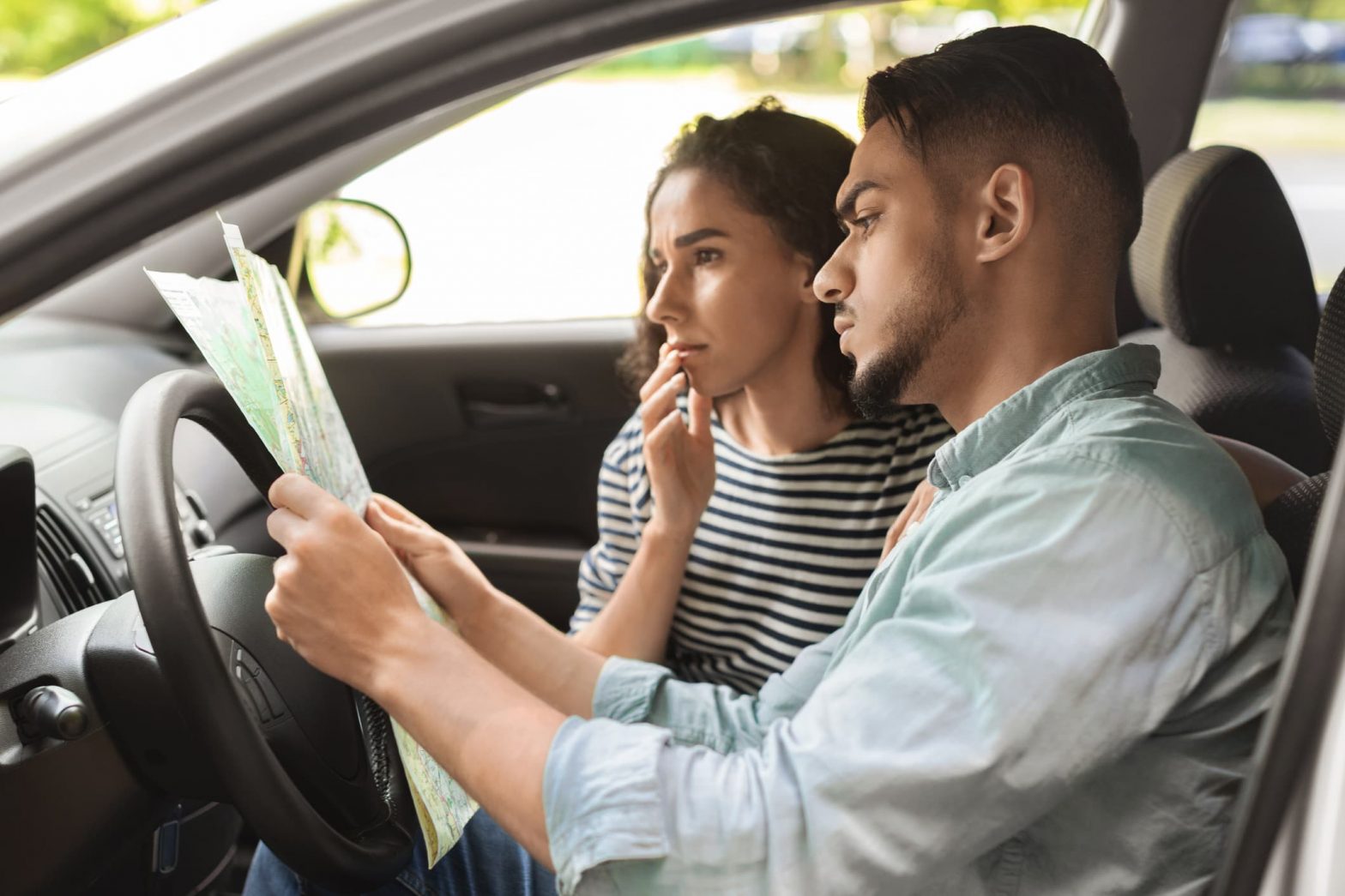Prostock-Studio | iStock | Getty Images
Like many things right now, the cost of auto insurance is rising.
For 2022, the average national cost to insure a car is expected to jump 5% to $1,707 annually, up from $1,663 in 2021, according to Insurify.
“Our prediction for 2022 is on par with projected inflation rates, and factors in the continued elevation in reckless driving behaviors, which have become more frequent following the 2020 Covid lockdowns,” said Tanveen Vohra, Insurance Specialist at Insurify.
More from Personal Finance:
10 things that will be more expensive in 2022
Here’s why your tax refund could be smaller
4 ways to lower your grocery bill as prices soar
Inflation is touching most aspects of American life, with everything from groceries to cars and gas jumping in cost. The latest data shows inflation rising at an annual 6.8% clip, far above the Federal Reserve’s 2% target.
Meanwhile, Americans drove 32% more miles in March, April and May of 2021 compared with the same months in 2020, when shutdowns early in the pandemic resulted in fewer cars on the road, according to Insurify’s research.
However, the fatality rate was 26% higher in spring 2021 than it was in 2019, pre-pandemic, “suggesting that reckless driving habits adopted during initial pandemic shelter-in-place orders have endured well beyond the onset of the pandemic,” the report says.
Of course, the exact amount you pay is based on a variety of factors, including your car’s make and model, your coverage choices, as well as things like your driving record and, sometimes, even your credit score.
Location also matters. The most expensive state for car insurance is Michigan, at an average of $2,858 a year, followed by New York and Rhode Island, both averaging $2,321 annually, according to Insurify.
The least expensive state is Hawaii, with an average yearly layout of $824. North Carolina ($924) and Maine and Vermont (both average $945) are right behind that.
Additionally, if you live in an urban area, you’ll pay more on average ($1,666 yearly) compared with drivers in rural spots ($1,472 a year). Also, a single prior traffic offense can push your premiums up by an average of 35%, the research shows.
There are ways to reduce what you pay, beyond dropping parts of your coverage or increasing your deductibles.
For instance, bundling — i.e., getting both auto and homeowners insurance from the same provider — can save you an average of 8% yearly, according to Insurify. Or, if you are a member of the military, you could save 2.2%. And if you take a driver safety training course as an older American, you could save as much as 15.2%.
“The best way to find a lower rate, however, is to shop around and get quotes from multiple insurers to find the one that gives you the best deal,” Vohra said.
Insurify analyzed more than 40 million auto insurance premiums in its database to produce its research.
